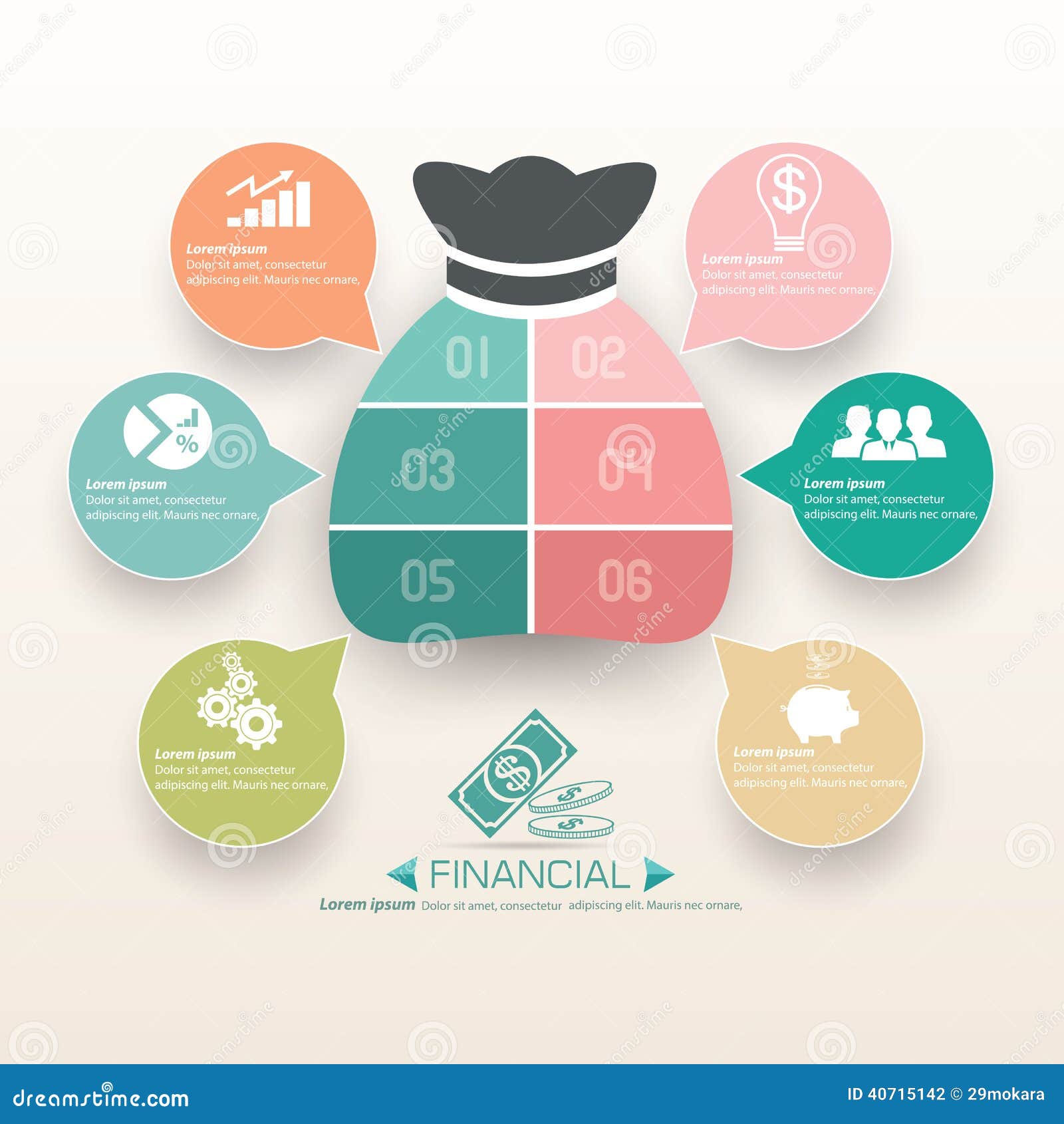The Effects Of Falling Short To Fulfill Performance Bond Responsibilities
The Effects Of Falling Short To Fulfill Performance Bond Responsibilities
Blog Article
surety bonds for construction contracts -
When a guaranty problems an efficiency bond, it guarantees that the principal (the party who acquires the bond) will meet their responsibilities under the bond's terms. If the major stops working to satisfy these responsibilities and defaults on the bond, the surety is accountable for covering any type of losses or problems that result.
1. Loss of track record: Back-pedaling an efficiency bond can harm the principal's reputation and credibility, making it more difficult to secure future service or financing.
2. Legal and administrative costs: The guaranty might require to pay legal and administrative expenses connected with going after the principal for problems or attempting to rectify the situation.
3. Economic losses: The surety may require to cover the price of finishing the project or offering the solutions that the principal fell short to supply. This can lead to significant monetary losses for the guaranty.
4. Increased premiums: If the principal has a background of defaulting on performance bonds, they might be called for to pay higher costs in the future to obtain the essential bonding.
Generally, defaulting on an efficiency bond can have significant economic repercussions for both the principal and the guaranty. It is necessary for principals to very carefully consider their commitments and ensure they are able to meet the regards to the bond to prevent these adverse end results.
Defaulting on a performance bond can be an expensive misstep for services. When you fall short to satisfy the bond's responsibilities, the economic consequences can be significant. From paying the complete bond total up to potential lawful battles and damaged connections, the effects can reverberate throughout your organization procedures. Comprehending the intricate internet of monetary effects that defaulting on an efficiency bond can have is vital for guarding your company's financial wellness and track record.
Financial Penalties for Defaulting
If you back-pedal an efficiency bond, you'll likely face substantial financial penalties. These charges can differ relying on the regards to the bond contract but often involve paying the bond amount completely to the obligee. This means that if you fall short to meet your contractual obligations, you should pay the bond amount to the job proprietor or the entity that needed the bond.
Furthermore, you might additionally be accountable for any kind of extra costs sustained by the obligee due to your default, such as finding a replacement service provider or covering task delays.
Back-pedaling a performance bond can additionally result in lawful charges and court prices if the obligee chooses to take lawsuit against you to recoup the bond quantity. These expenses can swiftly build up, additional aggravating the monetary impact of your default. It's important to very carefully review and understand the terms of the performance bond to prevent these serious financial penalties.
Influence On Organization Cash Flow
Back-pedaling a performance bond can considerably influence your service capital, affecting economic stability and functional abilities. When you back-pedal an efficiency bond, you risk losing the bond quantity, which can be a significant sum. This loss directly influences your capital, as you'll require to find alternative resources of funding to cover the bond amount. Furthermore, skipping can lead to enhanced scrutiny from sureties, making it more difficult and much more costly to secure bonds in the future. This can even more strain your cash flow as you might need to designate additional sources to meet bonding requirements.
The impact on your capital does not stop there. Back-pedaling a performance bond can also lead to task hold-ups or cancellations, causing a loss of income. Furthermore, the adverse reputation that features defaulting can prevent potential customers, additionally reducing your capital. On the whole, defaulting on an efficiency bond can have harmful results on your business's economic health and capability to run efficiently.
Lawful Ramifications and Legal Actions
Encountering legal implications and possible suits due to defaulting on an efficiency bond can substantially impact your company's track record and financial standing. When court surety on a performance bond, the surety firm might take lawsuit to recoup the bond quantity paid out. This could cause pricey lawful fees, court costs, and prospective negotiations or judgments against your organization.
Furthermore, defaulting on an efficiency bond might bring about harmed relationships with customers, subcontractors, and providers, influencing your capability to secure future agreements. Lawsuits developing from bond defaults can stain your company's trustworthiness in the industry, making it challenging to draw in brand-new partners or customers.
Additionally, if the default causes a court judgment against your service, it could cause possession seizure or liens, better straining your financial stability. As a result, it's essential to comprehend the legal effects of defaulting on a performance bond and take aggressive steps to mitigate the risks included.
Conclusion
As you encounter the consequences of defaulting on an efficiency bond, remember this: it resembles strolling a tightrope without a safety net. One wrong step can send you plunging right into a monetary freefall, without way to quit the loss.
please click the up coming document , cash flow impact, and lawful ramifications are all waiting to capture you if you mistake. So step carefully, and always honor your commitments to stay clear of the rough consequences of default.
